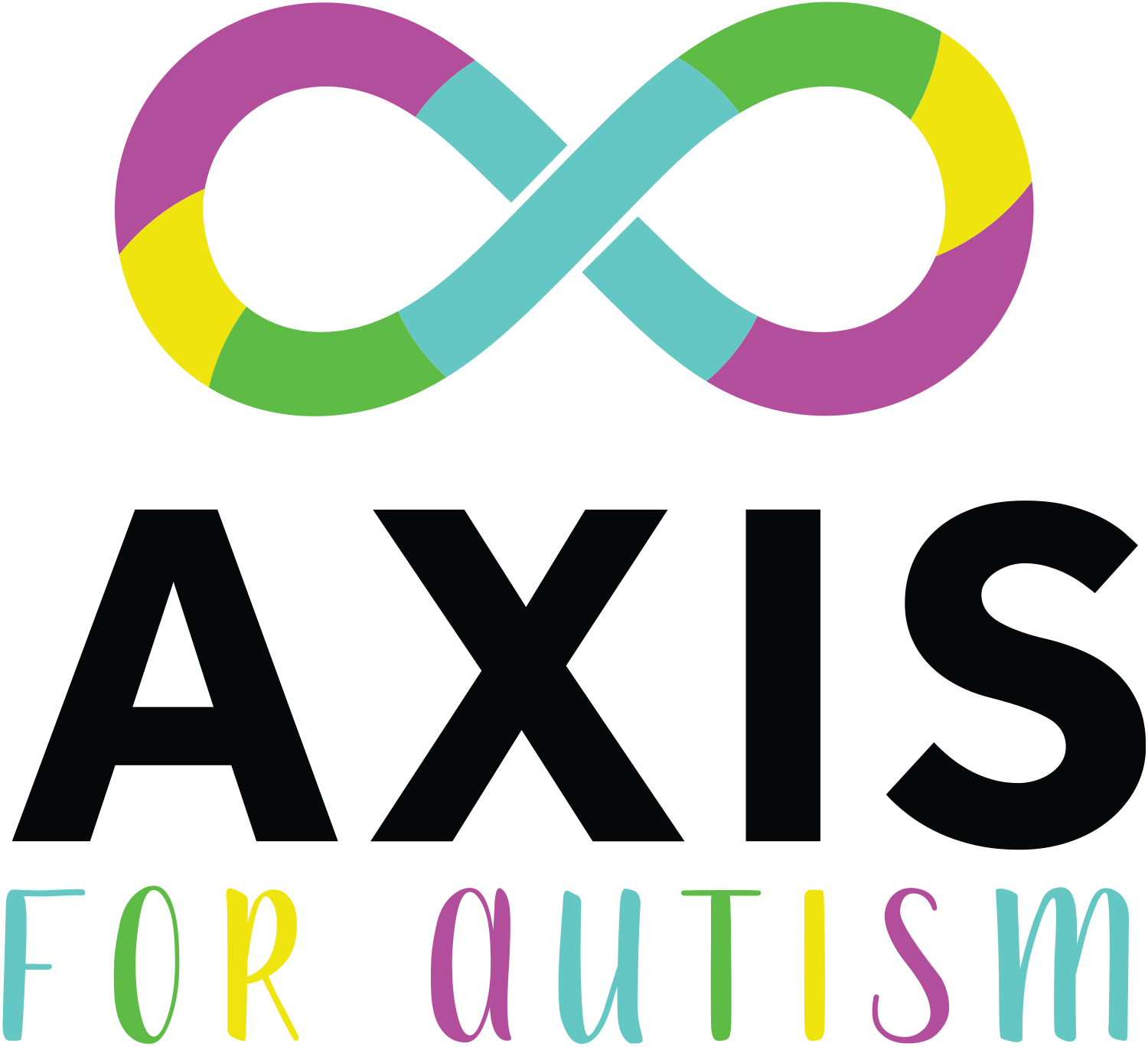Five Questions to Ensure the “Right” Diagnosis
The healthcare system is notoriously hard to navigate, but it’s infinitely more difficult for a family searching for autism care. There are many reasons for this, but the biggest challenge is simply taking the first step in the journey for care. That’s because families need a diagnosis before they can access the full spectrum of services – and there’s a lot of confusion about what constitutes a “diagnosis.”
At Axis for Autism, we frequently receive phone calls from families who paid money for an evaluation – or what they thought was an evaluation – only to learn the person who “evaluated” their child does not meet the criteria set forth by the Arizona Department of Developmental Disabilities (DDD). Parents get a rude awakening when they take this paperwork to their child’s pediatrician and ask for a referral for autism services: Not only do they have the wrong documentation, but they’ve wasted their time and money – and they’re back at square one.
It’s a hard pill to swallow when the average wait for autism evaluations is a year or more in Arizona.
That’s when parents call Axis for Autism. Fortunately, our cutting-edge care model, combined with a wide network of psychologists who specialize in autism and meet all the required criteria, enable families to schedule an evaluation in two months or less.
To help families along the way, we’ve outlined the five most important questions parents and caregivers should ask when seeking expert autism evaluations and lifechanging therapies:
1. Does your provider meet the criteria? To be eligible for services through the DDD and most insurance companies, an autism diagnosis must be made by one of the following provider types:
· Psychiatrist
· Neurologist
· Licensed psychologist
· Developmental pediatrician
· Pediatrician who has completed specialized training in the diagnosis of autism
An autism diagnosis from an approved provider may also carry over to your child’s school, opening up access to other needed services that will support educational success.
On the contrary, if your provider does not fit the criteria – even if they’re trained in autism care like applied behavior analysis (ABA) therapy – their “diagnosis” will not help you access all the services your loved one needs.
2. Does your provider have specific training in autism diagnosis?
While finding the right provider type is crucial, it’s not the only consideration. You want someone who has extensive training and experience in autism evaluation and care. Even though “psychologist” fits the DDD’s criteria, there’s a big difference between a psychologist who does 1-2 evaluations a year and one whose career is centered on autism.
These clinicians will have completed a formal and structured program of study with ongoing supervision during their training period (as opposed to a weekend workshop about autism). This training will enable them to pick up on even the most subtle behavioral, social or developmental cues and recommend a clear course of treatment.
3. Does the provider have experience with families like yours?
To take it a step further, it’s best to find someone who has specific experience working with a child like yours. Some clinicians specialize in teens and adults while others have extensive experience with early childhood and elementary school age. This is an important consideration, as someone who doesn’t often work with toddlers may not recognize what’s typical or abnormal behavior in young children. Other considerations may include gender or gender identity, native language or cooccurring medical conditions.
4. Is your provider engaged in ongoing education?
If there’s one thing we know about autism, it’s that we have a lot more to learn about autism! The best clinicians are dedicated to expanding their knowledge and expertise to improve the care they provide. This may include continuing education as well as membership in professional organizations like Global Autism Interactive Network (GAIN) and Arizona Autism Diagnostic Network (AADN).
5. Can your provider support you beyond diagnosis?
Finding an expert clinician to perform a high-quality evaluation is one major hurdle, but it’s not the only one. Navigating the world of autism is confusing and complex – especially in the moments after diagnosis when you’re facing a new normal.
Find a provider who is passionate about autism care and committed to guiding your family to the right therapies and interventions. This is an absolute must for parents who are just starting their journey and need support along the way.
If you believe your loved one may have autism, contact Axis for Autism to schedule a screening today.

